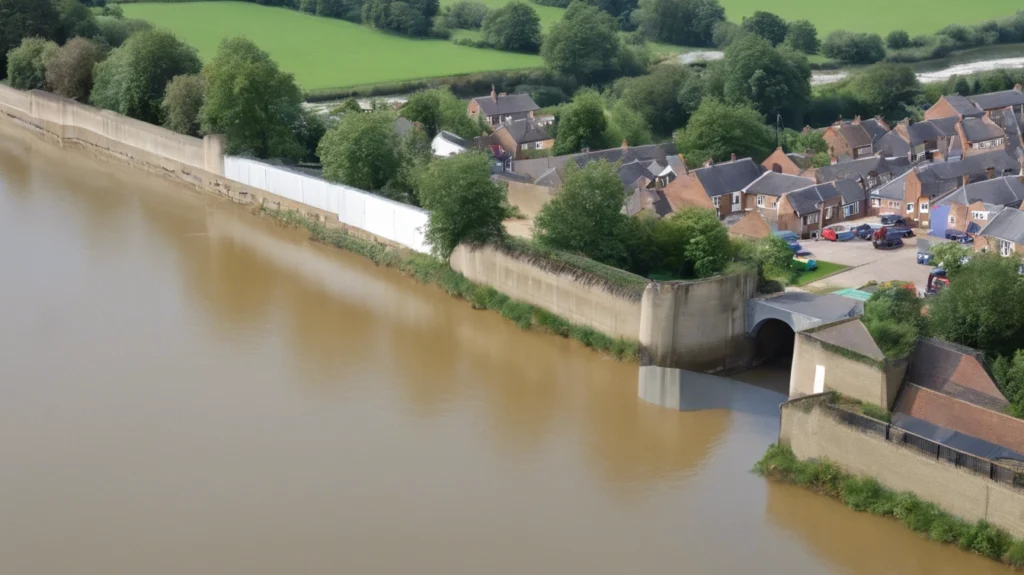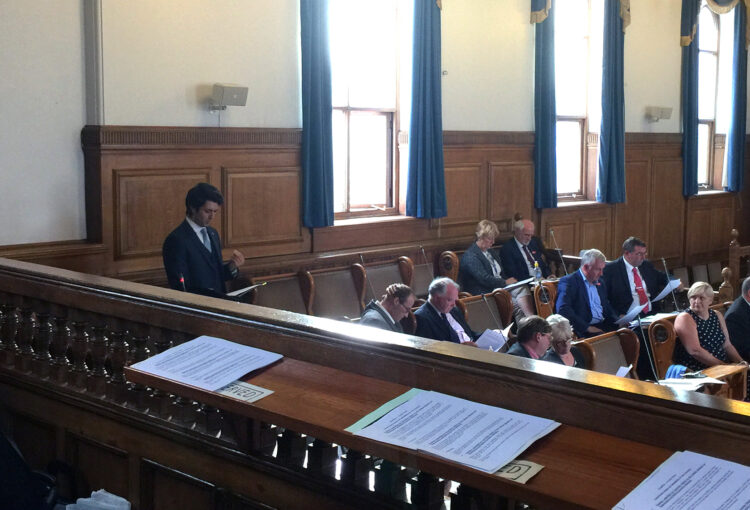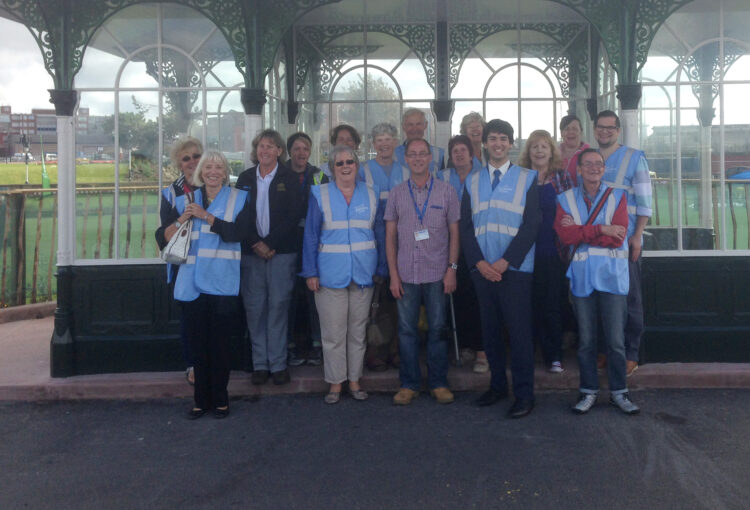
Obtaining new improved infrastructure such as flooding defences and transport links is essential for boosting economic links. With a modern and well-functioning infrastructure, businesses can operate more efficiently, and consumers can access goods and services more conveniently.
Access to reliable transport links, for instance, can help increase the availability of goods and services to consumers, make logistical operations more efficient, and increase trade. Improving flooding defences, on the other hand, reduces the likelihood and impact of severe inconveniences affecting everyday life, thereby enhancing the resilience of critical transportation and energy networks. Better infrastructure can also help attract investment and improve the quality of life for citizens. In conclusion, investing in new and improved infrastructure is a necessary step to help economies thrive by creating jobs, increasing productivity, and supporting social and environmental objectives.
Governments, private investors, and other stakeholders must work together to identify priority areas for investment and ensure that infrastructure projects are sustainable, resilient, and well-targeted to address specific economic challenges.












